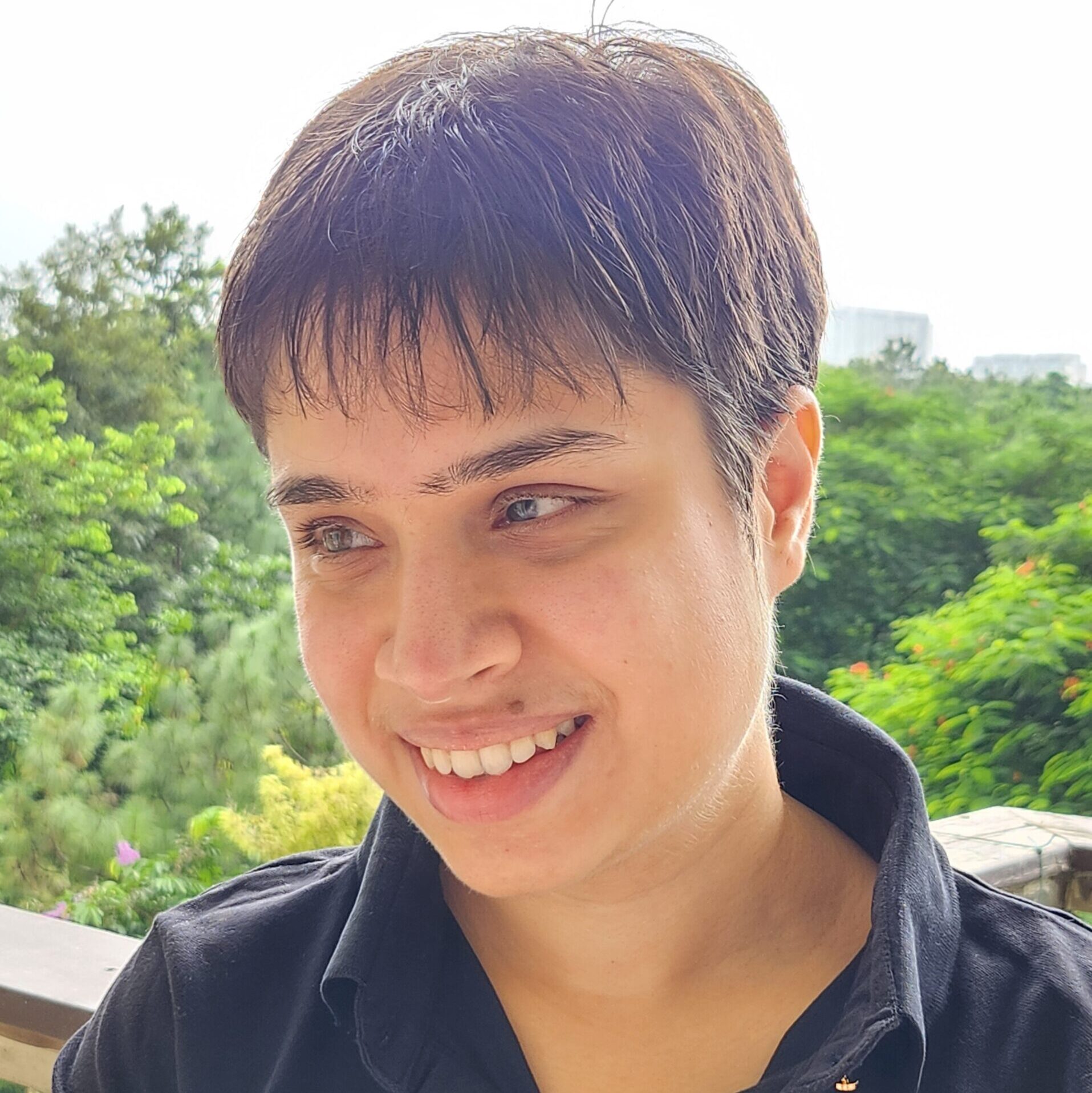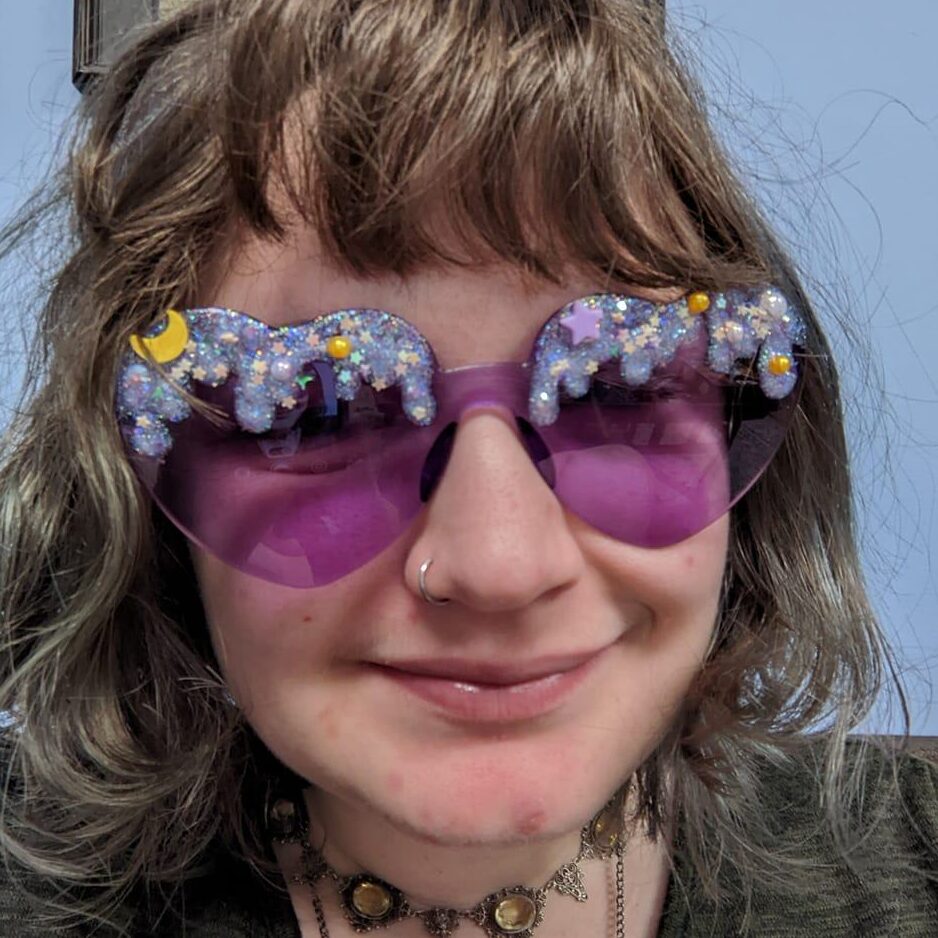This interview is a little different.
Author Ash Arya is an up-and-coming fantasy author living with partial clinical blindness. She writes characters who defy society’s expectations and emerge as individuals and leaders, but she has not written about disability in any of her books or stories.
We spoke with Arya about why that is, her favorite authors, the myths she grew up with in India, and how her lived experiences influence the descriptions in her stories. This interview has been edited and condensed for clarity.
You mentioned that as a disabled writer, you have the strong belief that not all disabled writers need to center their writing on disability. We would love to hear more of your thoughts on that.
I believe that writing is a great tool not just to share our lived experiences but also to experience lives that might otherwise be out of our reach. So, while disabled authors may certainly choose to explore themes of disability in their fiction, it, by no means, should be considered obligatory. In fact, I’d consider it one of the major perks of creating fiction, that stories set us free from the bounds of our mundane reality. For instance: A math teacher may choose to write the next epic historical or an undergrad student may dream up a star-crossed romance between a black hole and a singularity (no, I haven’t thought about it!).
Tell us about your writing. What genres do you like to work in and what got you into writing?
Fantasy is my first and most enduring love. Growing up in India, I was fed a steady diet of epic myths and legends, each shapeshifting with the person narrating them. Then, it was Hunger Games (many years ago) and the Song of Ice and Fire series and the Shades of Magic trilogy (fewer years ago) that steered me towards storytelling. Unsurprisingly, I often combine high fantasy and Indian myth in my stories.
While you don’t necessarily write about disability, do you think being disabled influenced the stories you like to tell?
I don’t think my disability influences my choice of stories. It does influence my way of telling the stories insofar as I give significant importance to senses other than that of sight. For instance, my stories will often contain minute details of how two characters are speaking to each other, description of someone’s thought process, etc. Conversely, I’d give less preference to, say, how the trees look or how many freckles decorate the love interest’s pretty face.
As a disabled person, have you ever felt pressure from society to write about disability?
Luckily, that’s a brand of obnoxious that I haven’t encountered. I’ve always found readers who’ve respected and supported my narrative choices.
Are there books and/or writers that inspire you?
Way too many. I’m one of those people who get inspired by both – stories they like as well as stories they wish were differently executed, so my list of inspirations is long. It’s also diverse because it ranges from ancient India to Shakespeare to Austen, to contemporaries such as VE Schwab and Roshani Chokshi.


